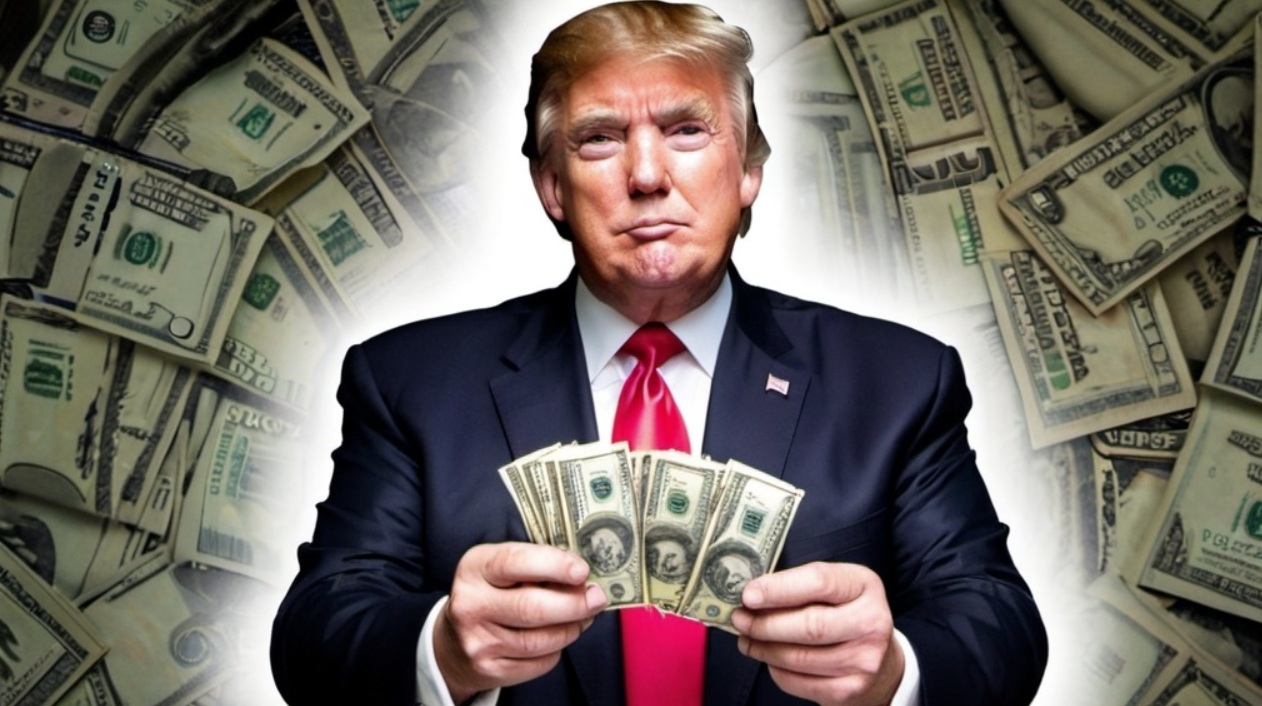Or, at least—according to Scott Kupor, director of the Office of Personnel Management—the Department of Government Efficiency “doesn’t exist” anymore as a centralized entity, despite having eight months left on its official mandate. Some key DOGE figures have left government entirely, while others have relocated to other executive departments.
This has led many to declare this the death of DOGE and label the project an abject failure. Some proponents have pushed back against this characterization, arguing that the work of DOGE is continuing and that a transition from a temporary centralized federal entity to a series of independent internal teams within various federal agencies was always the intended end-state for Musk’s project.
But even if that’s true, it’s hard to define where the effort to cut the federal bureaucracy stands today as anything other than a disappointment. And the blame for that rests squarely on the shoulders of Republican politicians.
Republicans abandoning campaign promises to cut spending is nothing new. Virtually every single Republican who has run for any federal office in the last fifty or so years is guilty of this. But the beginning of Trump’s second term did feel different. Because there was genuine, palpable, bottom-up excitement for spending cuts.
Fresh off a pandemic where federal bureaucrats helped lock the country down and then did their best to force everyone to take patented drugs from well-connected pharmaceutical companies to get their freedoms back, followed by years of relentless price inflation and economic stagnation that federal officials said was an illusion emanating from the public’s economic stupidity, many Americans were understandably onboard with the campaign promising to gut the federal bureaucracy.
Elon Musk drew huge cheers while waving a chainsaw over his head at rallies, promising to do just that. Then, after Trump was sworn in, he created DOGE and gave it unprecedented access to the federal government’s internal data. DOGE’s first target, USAID, was then, not only successfully cut, it was also exposed as a blatant regime change instrument masquerading as a humanitarian organization. And, best of all, despite a relentless propaganda campaign by the establishment media, the effort to cut government had, by far, the most public support of anything Trump was doing.
So what happened?
In short, Republican politicians derailed the effort to meaningfully cut government because, like always, they completely accept the left-wing, progressive falsehoods about the programs that would have been cut.
In the simplistic progressive narrative that dominates the media, the university system, and the Democratic Party, government is primarily seen as a superhuman supplier of social services. Let’s take those one at a time.
Government is “superhuman” because it’s the one entity in society that is always talked about and argued for, with the assumption that it is somehow above human nature and therefore unaffected by the personal wants and needs of the people who run it. Remarkably, virtually everybody will admit this is not the case when forced to confront this absurd assumption, but will immediately snap back to accepting it once that pressure is removed.
Next, as a supplier, government is almost always discussed in the context of what it’s giving—what service it’s providing or which disenfranchised group it’s helping. Therefore, government cuts are also framed exclusively around what is currently being supplied, which will no longer be provided if the cuts go through.
And finally, progressives hold that, regardless of how obviously effective markets are at providing things like shoes and televisions, the most important services in society—like protection, education, and healthcare, among others—are too important to be left to the whims of the free market.
So, to left-wing progressives, government is simply this entity that exists above or outside society that comes in and provides all of us with the most important services while helping a couple of additional people who are down on their luck and in need of additional assistance. And that, except for a few isolated diversions, virtually all the federal programs on the books right now are near-perfect embodiments of government working as it should. If a problem in society persists, it’s either because the government is not yet doing enough or because some selfish politicians and/or billionaires have corrupted a previously effective program.
Nothing about this progressive characterization of the government is accurate.
As anyone who’s read Gabriel Kolko or Murray Rothbard’s history of the Progressive Era understands, the government programs that ended the relatively laissez-faire period of the late-1800s and set us on the path to the large federal government we have today were designed, from the beginning, to serve the interests of government officials and well-connected heads of industry.
That was, and has always been, the motivation and priority behind the massive growth of government that has taken place in the years since. All of these programs make the most sense if seen as ways to transfer as much money as possible to politically-connected businesses and power to government officials and bureaucrats while delivering just enough support to the poorest people in society to build up a class of what are, in effect, economic human shields who help ensure that any true cut made to the racket will be as painful as possible.
In other words, USAID was not some anomaly uncovered by DOGE; it was a quintessential example of how the government actually works.
And worse, as I detailed last week, the progressive programs that have been in place for decades have not merely sidestepped genuine economic problems while ripping us off, they have actively made all these problems worse.
Meaningful cuts are absolutely necessary to begin to address this growing catastrophe. And yet, the party ostensibly dedicated to cutting government has almost universally bought into the delusional progressive beliefs about how the government works and what all these programs are doing.
Some Republicans may genuinely want to cut government in the abstract to get the country on a better financial footing. But those ambitions tend to dry up when they need to get specific, because they’ve completely conceded that side of the argument to their progressive opponents.
Government spending is not a problem because we as a country have gone a bit over budget while funding good and helpful programs, it’s a problem because the government has forced us to spend an absurd amount of money and resources on programs that are actively making life harder, less affordable, and more dangerous for most everyday Americans to benefit a small, well-connected subset of the population.
This problem is too big for a couple of small internal teams, quietly reviewing and refining operations at a handful of federal agencies. It requires a popular movement imbued with the kind of excitement we saw in the early days of DOGE. But we can’t expect people to get excited about a solution when their leaders refuse to acknowledge the true depth of the problem.
Read the full article here




